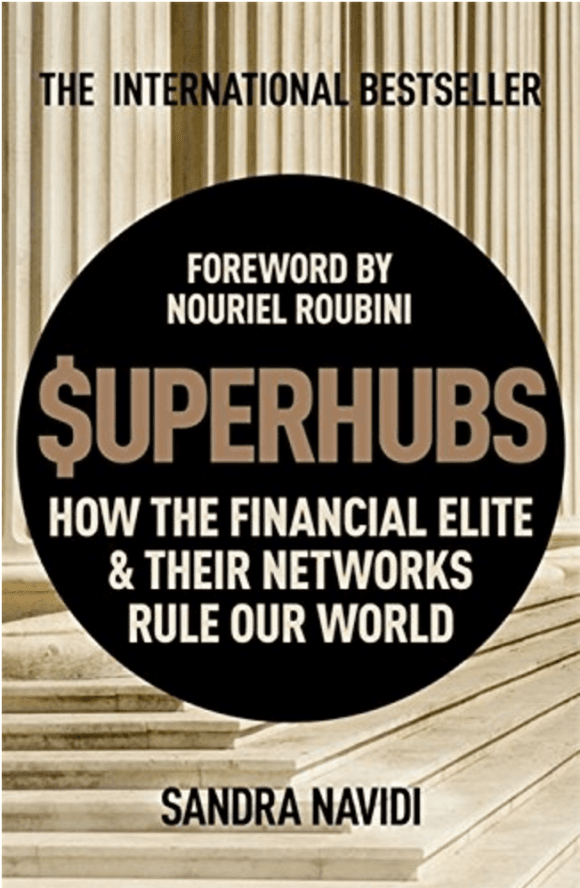The World Economic Forum (WEF) lasts only a few days in January, when the international elite jet into Davos, Switzerland, give talks, network, make deals, and fly out again. These are billionaires like George Soros and Ray Dalio, as well as officials like Chinese regime leader Xi Jinping and the International Monetary Fund (IMF) managing director Christine Lagarde.
The people who meet for a few days at conferences like the WEF shape public policy and markets, and therefore a big part of our lives. Who are these people, and how much do we know about them? The carefully planned public appearances at conferences like the WEF or in the media merely scratch the surface of a network of rich and influential people who tend to stick to their kind and whose dealings are often shrouded in secrecy.






